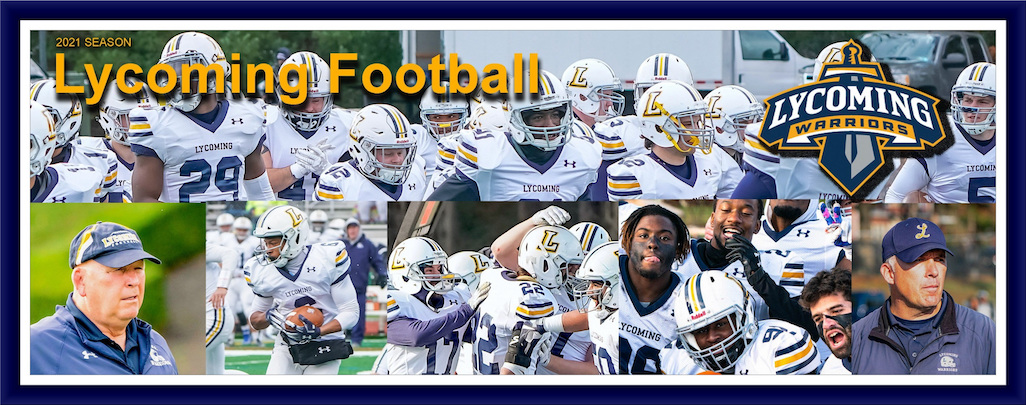Selinsgrove, PA - Susquehanna University President L. Jay Lemons has been selected to serve as vice chair of the National College Athletic Association’s (NCAA) Division III President’s Council. He will become chair of the council in 2016.
The 18-member President’s Council is Division III's primary governance body. In this role, Lemons will chair the council’s Strategic Planning and Finance Committee, as well as serve on the Board of Governors, the umbrella governing body that includes Divisions I, II and III college and university presidents.
Lemons said he is honored to be selected for the role. “Athletics plays such an important role in the education and leadership development of many students. Students don’t just learn in the classroom, they are also learning on the playing fields and through other cocurricular activities. I look forward to working with my colleagues on the council to advance the NCAA’s mission of encouraging students to pursue excellence in both academics and athletics, ensuring inclusivity and instilling respect for differences.”
One of the Board of Governors’ most recent and high profile decisions was the settlement reached between the NCAA and Penn State University that restored 112 football wins that were vacated following a child abuse scandal involving former assistant football coach Jerry Sandusky.
Lemons was a track and field athlete at Nebraska Wesleyan University while pursuing his undergraduate degrees. He was instrumental in the formation of the Landmark Conference, of which Susquehanna University is a member, and continues to serve a critical role in the growth and development of the league. He was appointed to represent the Landmark Conference on the NCAA Division III President’s Council in August 2013 and was reappointed this month with the additional role of vice chair.
Lemons has been president of Susquehanna University, a national liberal arts college enrolling about 2,100 undergraduates, since February 2001. During his tenure, the university has developed two strategic plans that have led to campus expansion, more than $100 million in capital improvements, enrollment growth, increased diversity, successful completion of the university’s largest fundraising campaign, and introduction of a new central curriculum that guarantees a cross-cultural experience for all students.

